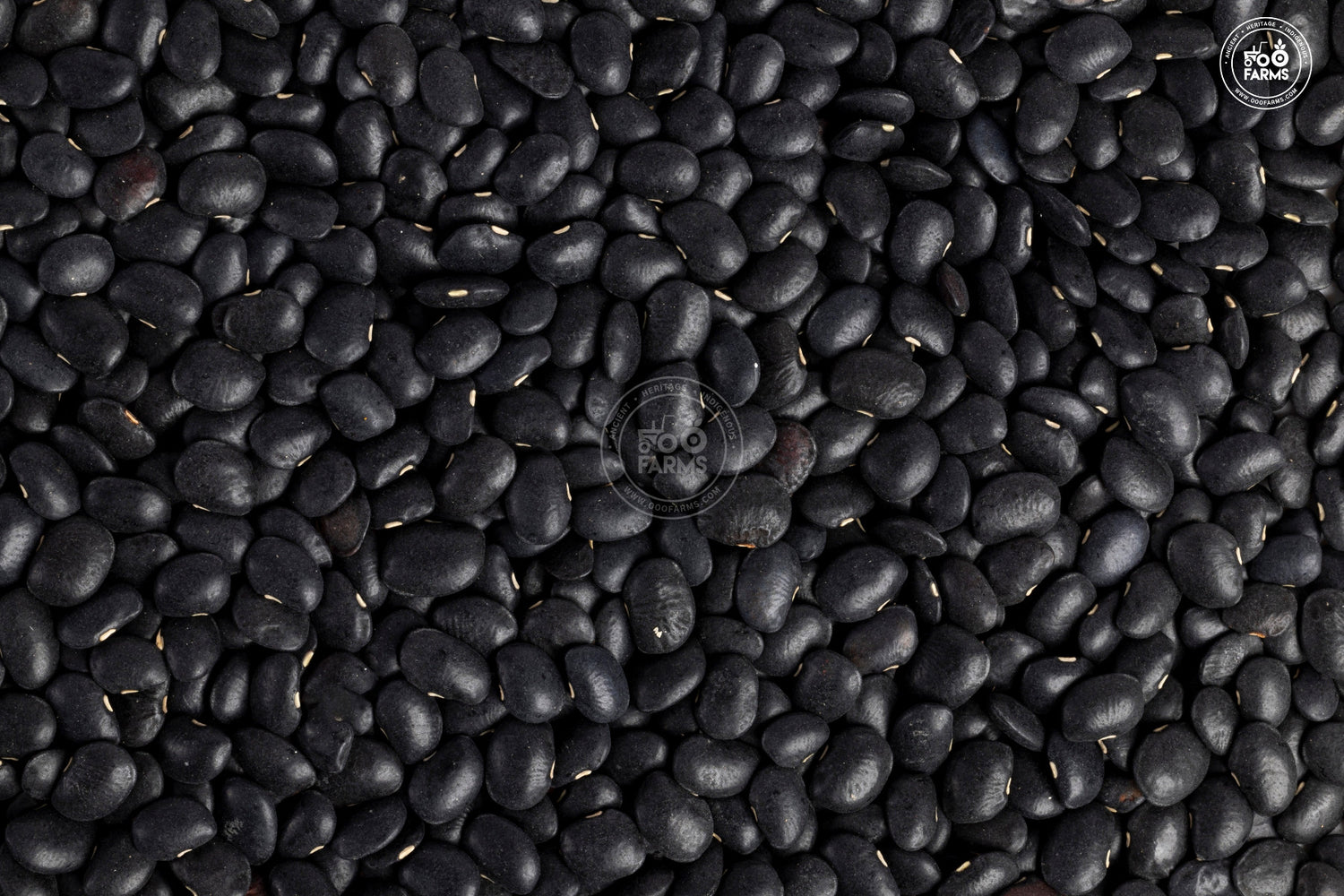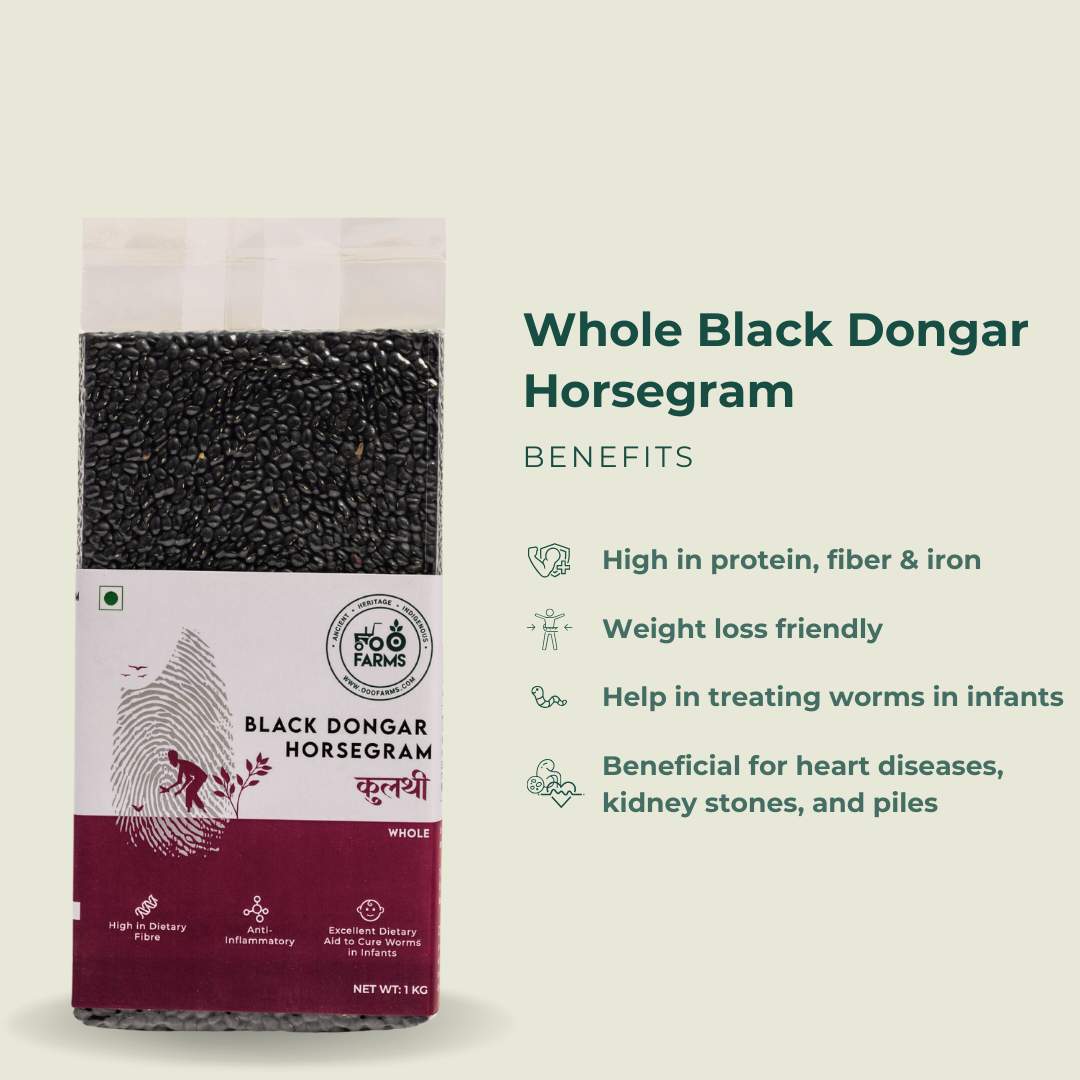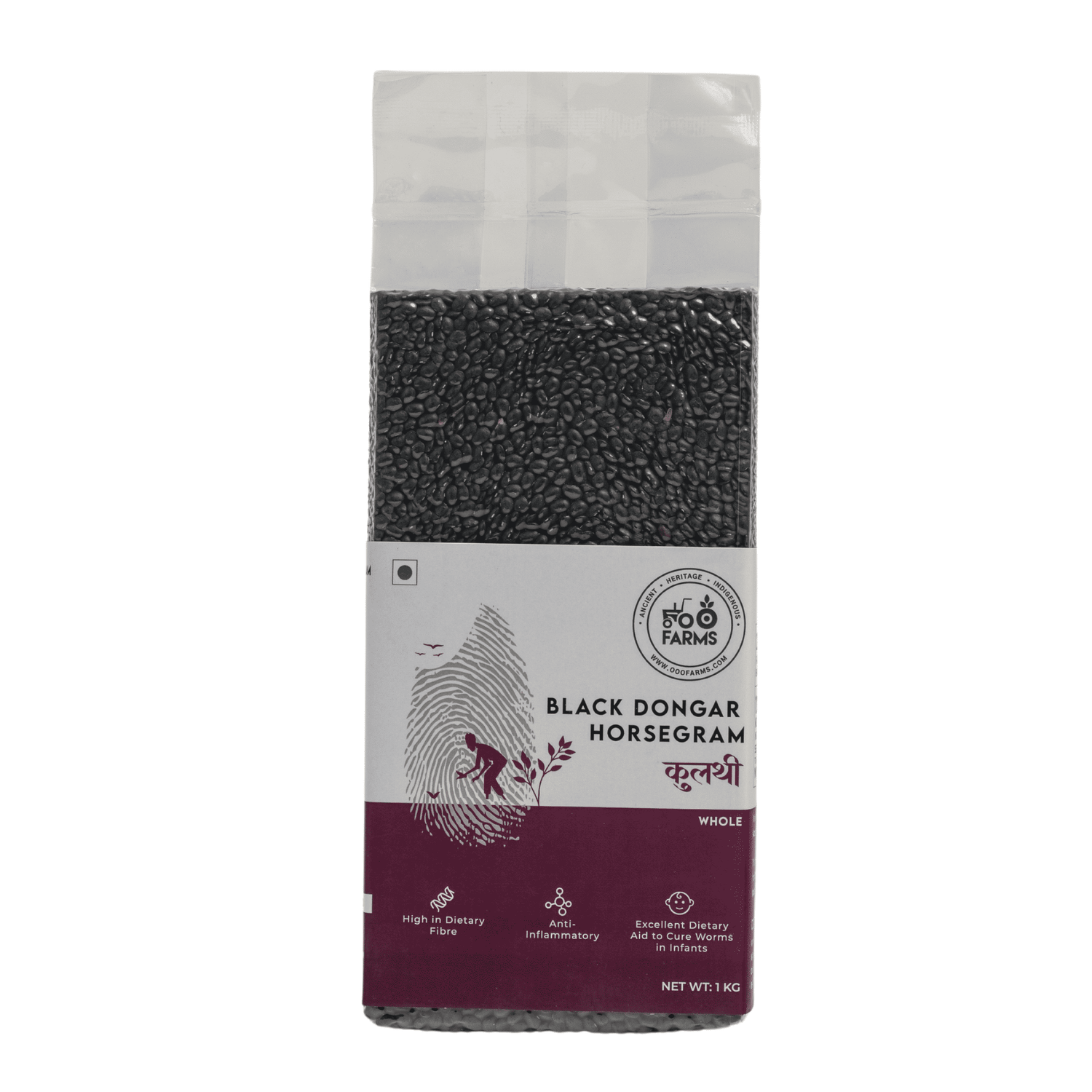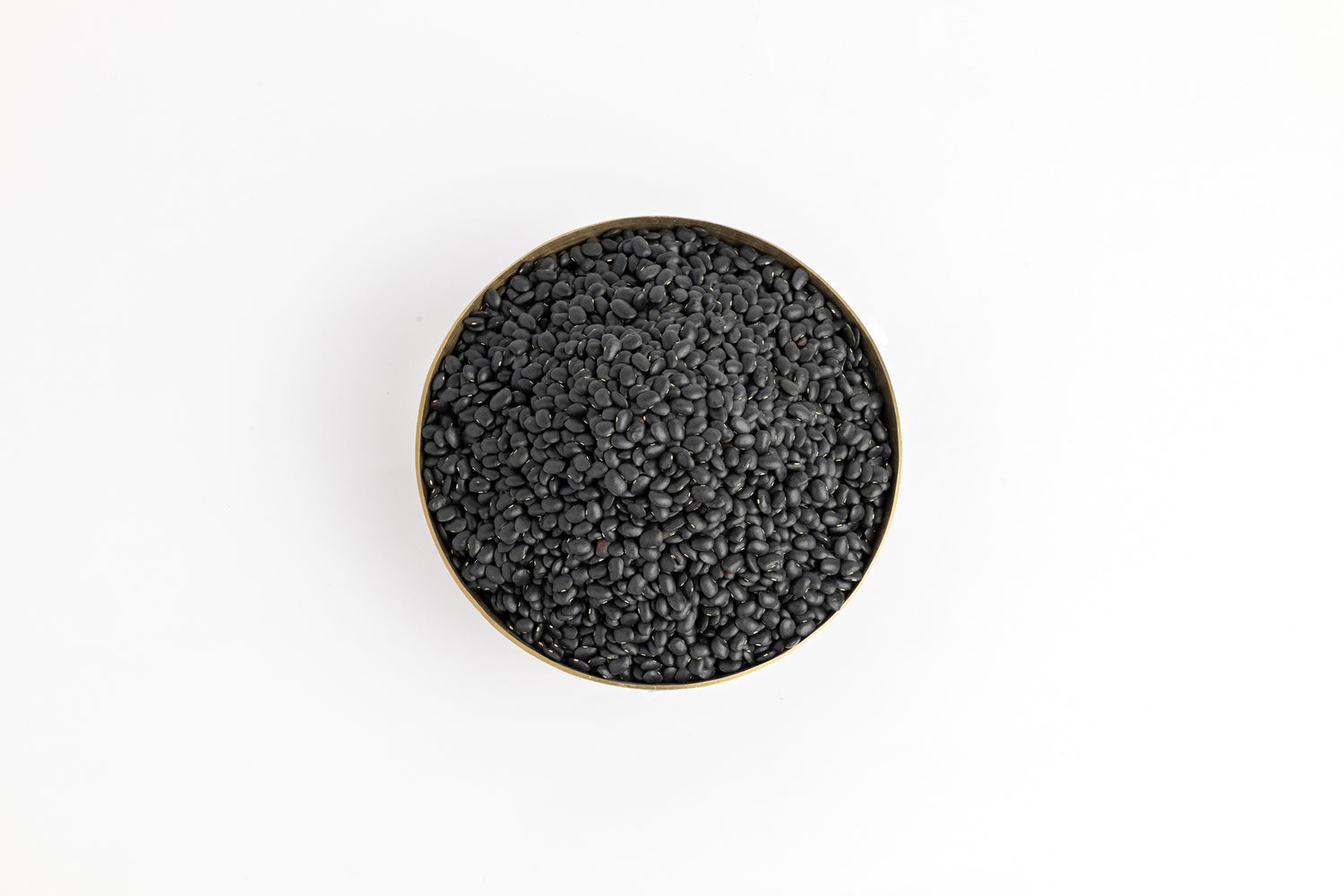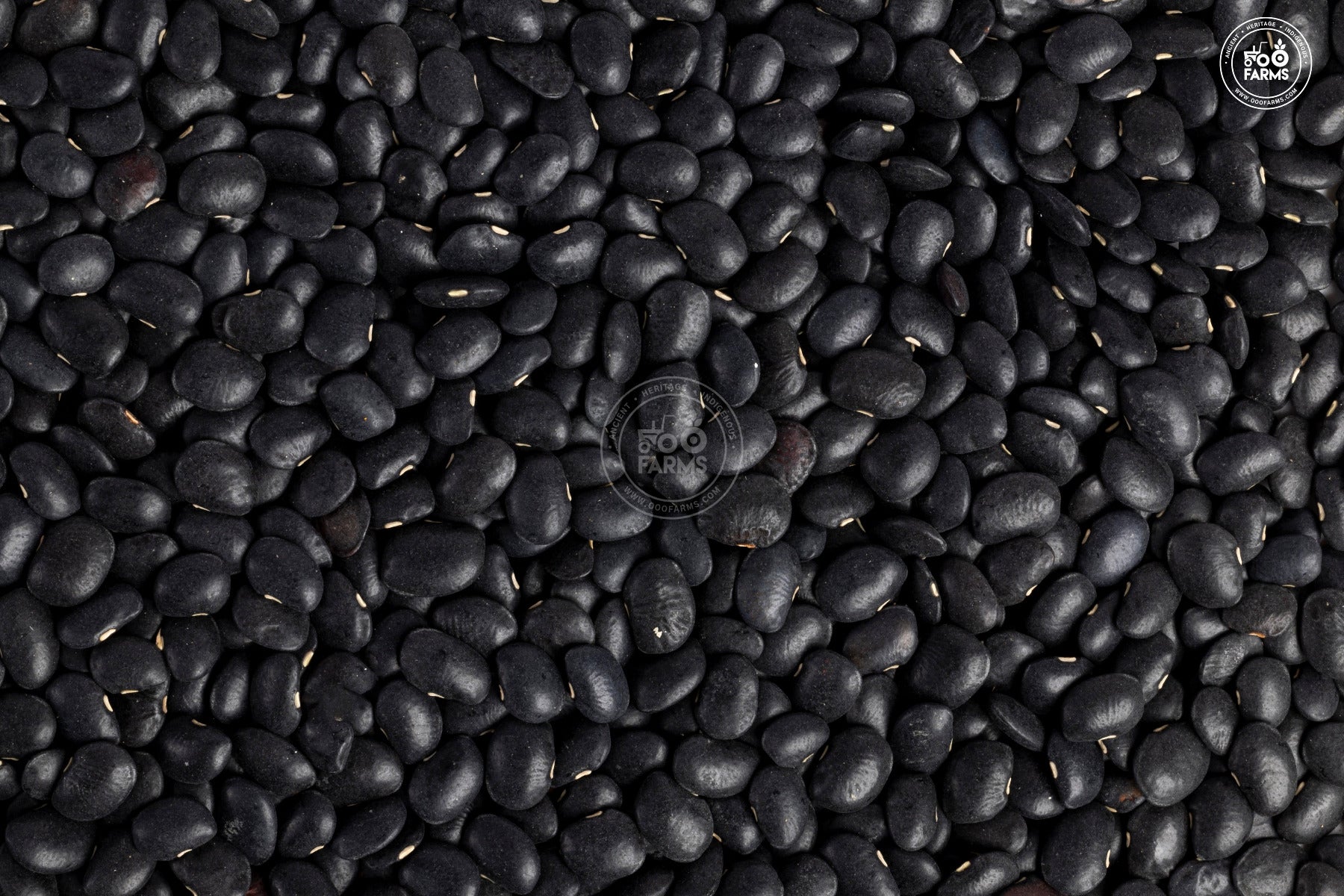
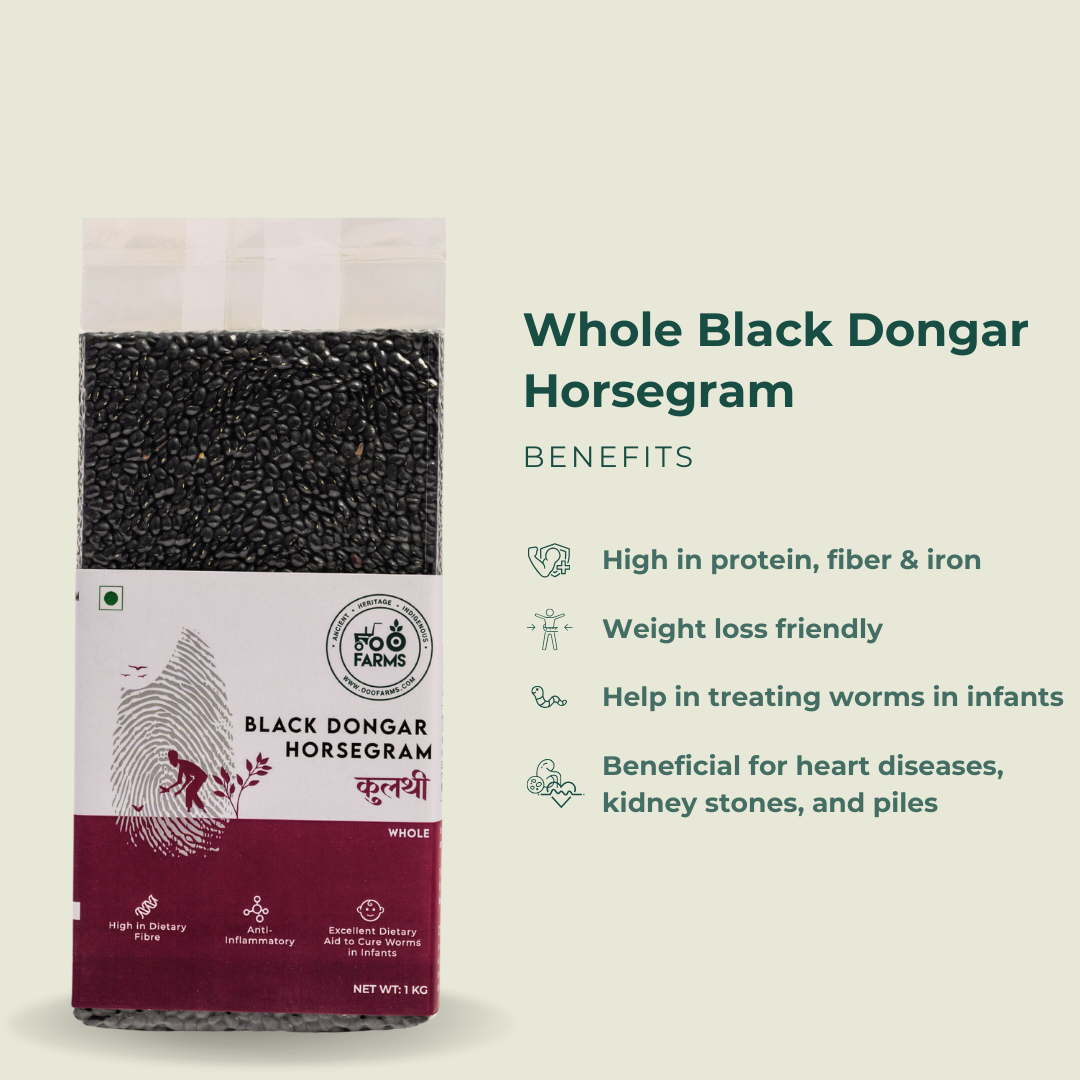
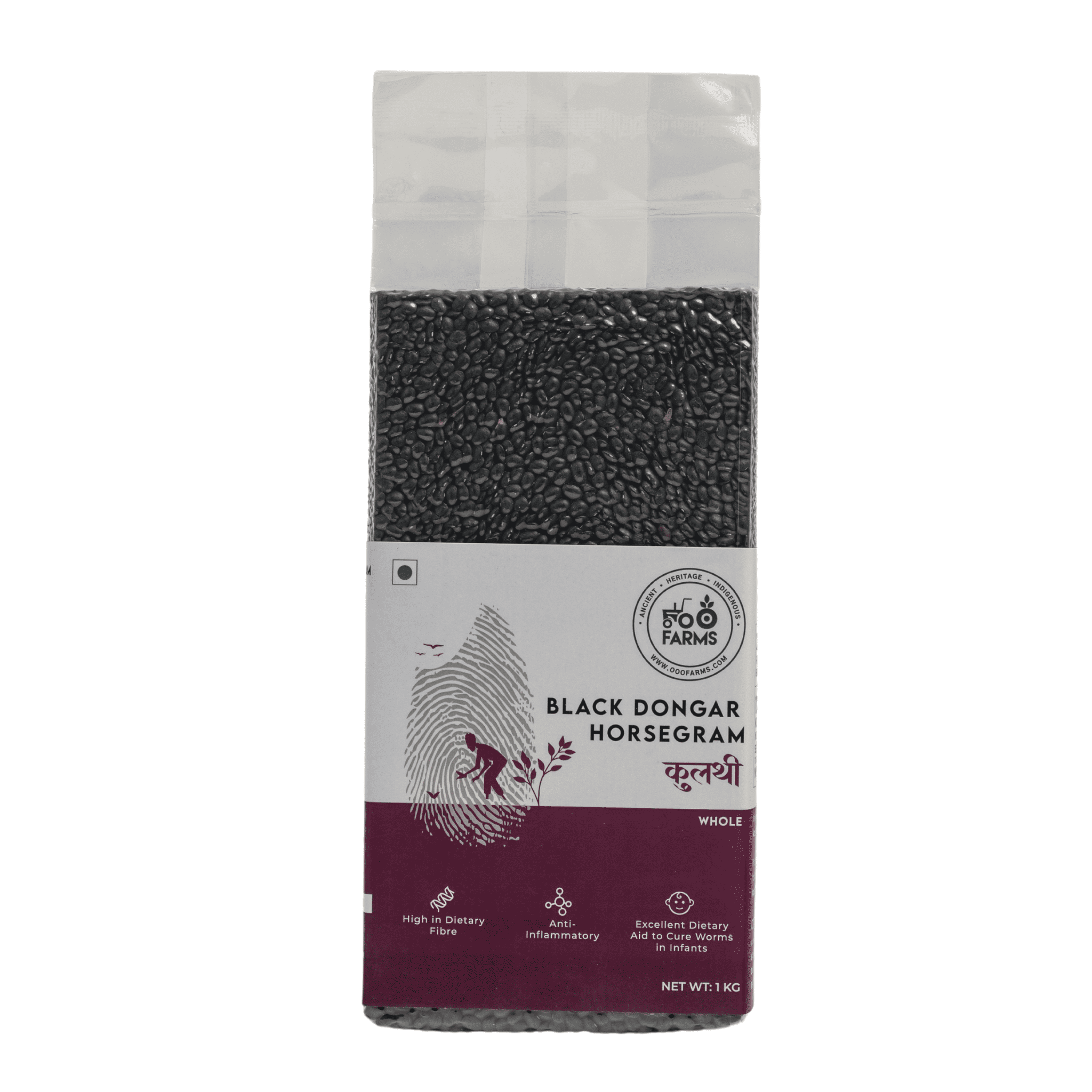
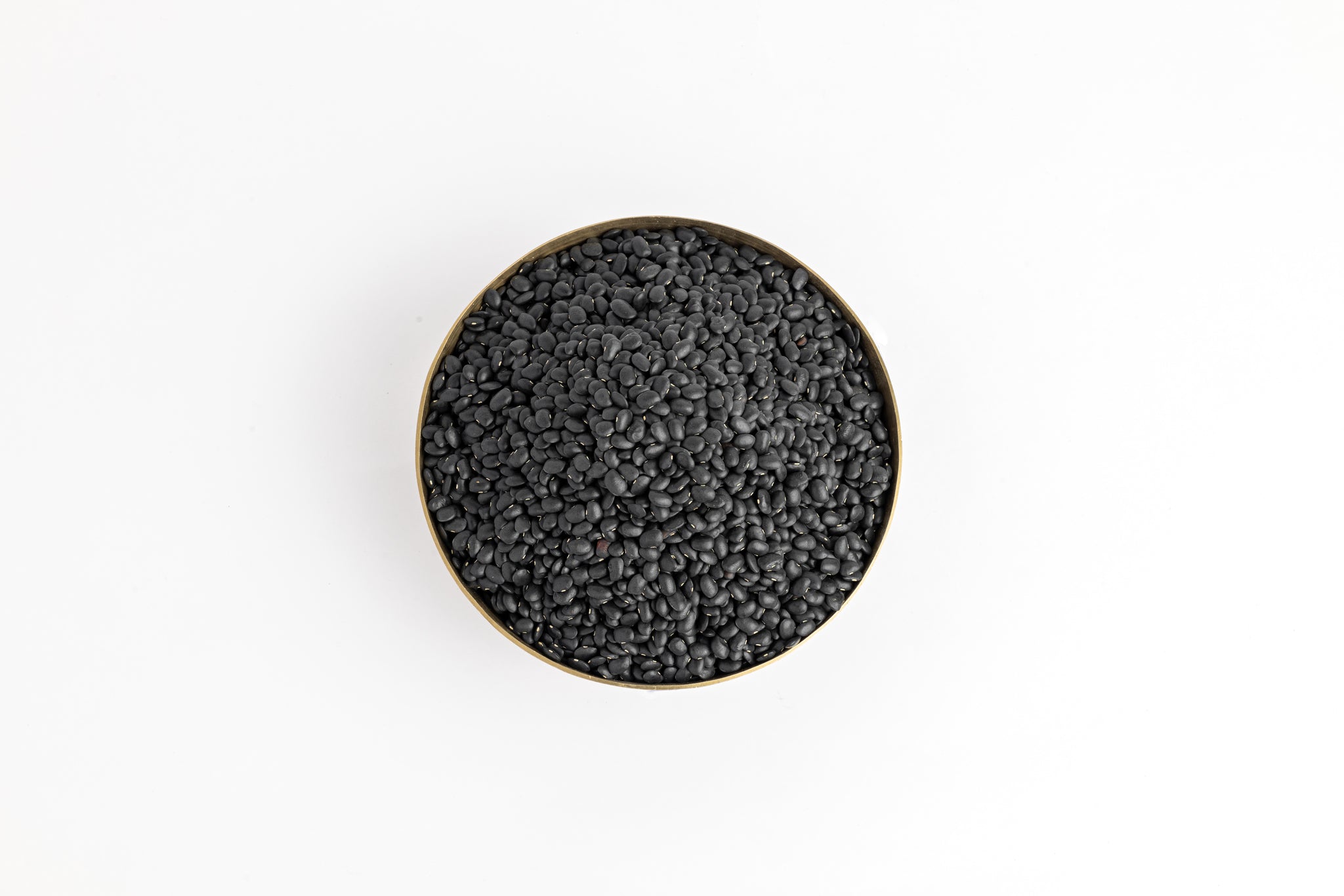
Additional Product Details
Description
Horsegram is indigenous to the Indian subcontinent. Archaeological investigations have revealed the use of horsegram as food around 2000 BC.
According to historical data, the soup extract from kulattha, called yusa, was consumed
commonly during the Sutra period (c. 1500–800 BC). The vadas (cakes) made from horse gram were listed in the Varanaka Samuchaya (1520 AD) in the Gujarati language.
Horsegram is one of the cheapest sources of crude protein. They also contain more insoluble dietary fibre required for normal lower intestinal function.
Due to its anti-inflammatory properties, Horsegram is an excellent food for rheumatoid athritis patients. Traditional texts also describes its use as traditional medicine for curing kidney stones, asthma, bronchitis, leucoderma, urinary discharges, heart diseases and piles.
Horsegram also has anthelmintic activity which can be used as dietary food for infants to eradicate worms. It is prescribed for persons suffering from jaundice, water retention, as part of a weight loss diet, and iron deficiencies.
Horsegram is considered as 'Garmi' dal and preferred during the winter months by rural communities.
Health Benefits
Cooking Instructions
Recommended Usage
Commonly Known As
History


